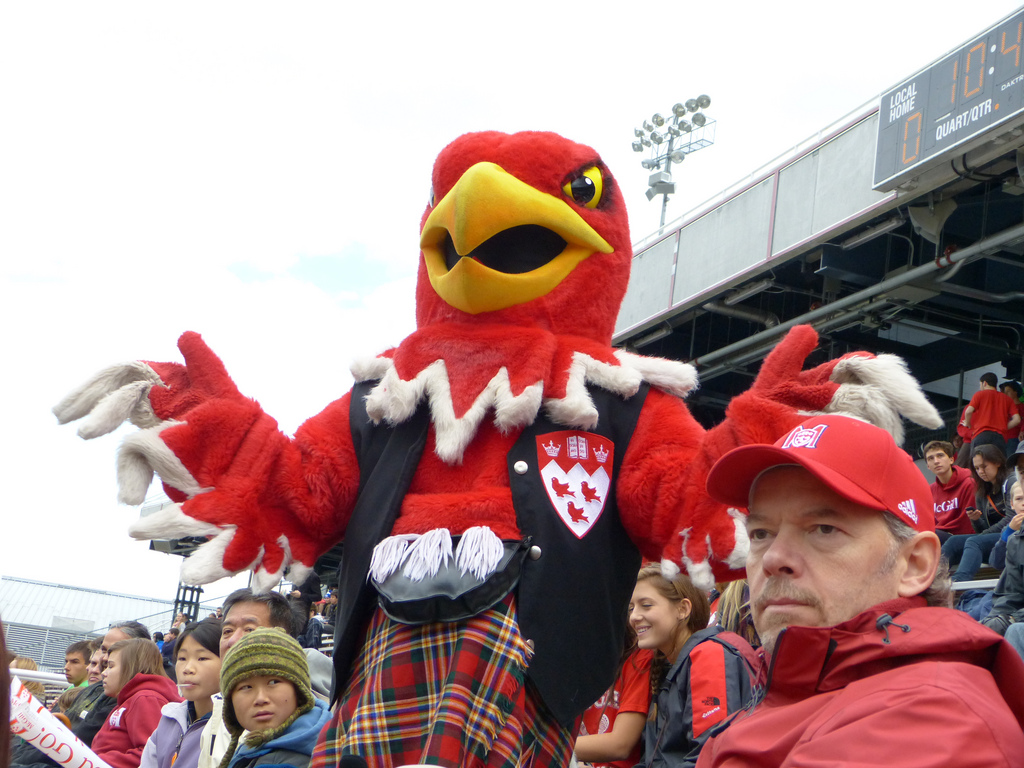[timeline_excerpt]Beginning in 1951, McGill’s intermediate athletics teams in football and basketball started being referred to as the “McGill Indians.” In the 1960s, the men’s hockey team adopted the same name while the women’s team was referred to the “Squaws,” a slur referring to a hyper-sexualize caricature of Indigenous women. This use of anti-Indigenous slurs as sports teams names and mascots was largely abandoned by the mid-1970s. However, the current mascot “McGill Redman” is also seen by some as a reference to these archetypes for Indigenous people.[/timeline_excerpt]
Blog
-
McGill Law and Political Science professor John Humphrey drafts Universal Declaration of Human Rights.
[timeline_excerpt]Translated into 321 languages and dialects, the Universal Declaration of Human Rights was adopted by the United Nations General Assembly on December 10 1948 and represents the first global expression of a set of rights to which all human beings are inherently entitled. While the declaration is not legally binding, its articles have been elaborated in subsequent international treaties and it is the most cited legal document drafted by a Canadian.[/timeline_excerpt]
[timeline_content]
Translated into 321 languages and dialects, the Universal Declaration of Human Rights was adopted by the United Nations General Assembly on December 10 1948 and represents the first global expression of a set of rights to which all human beings are inherently entitled. While the declaration is not legally binding, its articles have been elaborated in subsequent international treaties and it is the most cited legal document drafted by a Canadian.
John Humphrey was asked to work with a committee of the United Nations Secretariat to help the organization draft a statement on human rights. Humphrey created a 400-page blueprint that became the foundation of the Universal Declaration of Human Rights as well as the declaration itself. He acted as the Director of the United Nations Human Rights Division for 20 years before returning to McGill in 1966, where he served as a Professor of Law and Political Science. Humphrey’s contribution to the Declaration was unacknowledged until later on in his life – a French delegate was thought to have drafted the document. It was the discovery of the first draft in Humphrey’s handwriting that led to his belated recognition and him eventually be awarded the United Nations Prize for human rights advocacy on the 40th anniversary of the United Nations. Humphrey was also involved in international efforts to investigate human rights abuses in the Philippines and represented Korean women forced to act as sex slaves to Japanese soldiers in World War Two.[/timeline_content]
-
Leonard Marsh becomes head of the McGill Social Science Research Group.
[timeline_excerpt]During the 1930s, social scientist Leonard Marsh conducted research studying the effects of class and the Great Depression on social life. His work in advocating for a ‘social minimum’ is credited with catalyzing the development of the Canadian welfare state. While Marsh became the head of the McGill Social Science Research Group in 1930, his funding was terminated in 1940 because senior professors and faculty found his ideas to be too radical.[/timeline_excerpt]

